Studies confirm that over fifty percent of people who receive treatment for drug or alcohol addiction relapse, and of those, an average of eighty-five percent of people relapse within the first year. Relapse guilt is a common feeling, but there are healthy ways to overcome that guilt and move forward with continued recovery.
Marina Harbor Detox offers professional therapy and medical detox in San Francisco. Speak to our admissions team to learn more about our holistic therapy.
Admittance
One of the first steps in overcoming relapse guilt is to admit what happened. This can often be the most challenging part, especially if you feel as though you’ve let people down, including yourself. However, your relapse guilt will compound without facing the truth of what happened.
Feeling guilty over a relapse becomes feeling guilty over letting your sponsor or family down. This becomes feeling guilty about letting yourself down and maybe even lying to those you love.
Learning from Relapse
Once you have admitted what transpired, you open yourself up to opportunities for learning from relapse situations. Every failure or mistake made along your path is an opportunity to learn and grow, and this extends to relapse.
By taking time to reflect alone or with the help of loved ones or sponsors, you can:
- Figure out what triggered your relapse
- Determine if the relapse was an isolated action
- Decide if the relapse was because you made a mistake, gave up on sobriety, and resorted to drugs or alcohol
It’s common for people who relapse to feel as though they aren’t ready for sobriety or they don’t deserve to be happy because they made a mistake, but that is far from the truth. It doesn’t matter if your relapse was an isolated event or if you gave up on sobriety and returned to drugs and alcohol as a crutch.
What matters is that you are ready for recovery and sobriety if you take the time to learn from your relapses.
Self-Compassion
Self-compassion is another element in overcoming relapse guilt. With guilt, there’s often a lot of negative self-talk. Unfortunately, this is a fast-moving downward spiral whereby clients start to tell themselves things like they aren’t worthy, aren’t good enough, are always a failure, or won’t ever be sober.
With self-compassion, you can choose to learn from relapse and find the support you need in others. By forgiving yourself, you can accept all parts of who you are, including the mistakes of your past and the mistakes you will make in the future.
Building Resilience
Taking time for self-compassion and learning from relapse opens you up to another way to cope: building resilience. Building resilience comes from:
- Recognizing your mistakes
- Renewing your commitment to sobriety
- Figuring out what you need next
By learning from your relapse, you might discover triggers that you didn’t know would affect you the way they did. This might help you build resilience by applying new coping strategies for situations where those triggers manifest in the future.
Similarly, building resilience happens each time you choose not to give up and renew your commitment to sobriety. Every time you talk to a sponsor, a family member, a therapist, or a loved one about a relapse mistake you made, owning what transpired and holding yourself accountable builds resilience naturally.
Choosing to forgive yourself with self-compassion can give you a chance to learn from your relapse and recognize where you might need support down the line. For example:
More Support
You might take some time to review what contributed to your relapse and determine that you stopped attending your support groups or therapy sessions because you thought you finally had a handle on things and didn’t need them.
In this case, you might need to take some time to honestly accept the fact that support is good to have at this point in your journey, and going back to support group meetings or therapy sessions could help you.
Better Coping
Maybe you learn that you need better coping skills because those you had already acquired and applied to your stressful situations or triggers didn’t prevent a relapse.
In this case, you might need to find another form of group therapy, another type of psychotherapy, or a sponsor who can help you develop additional coping mechanisms that might prove more fruitful the next time.
With Marina Harbor, our clients benefit from a wide range of treatment types. Our facility can provide customized care with several forms of therapy that address different coping skills that may be more applicable to your circumstances. We can help you address underlying factors that contributed to Addiction in the first place so that you are prepared to manage those factors moving forward.
Reach out to our team at 1-866-570-2613 to learn more about overcoming relapse guilt.


